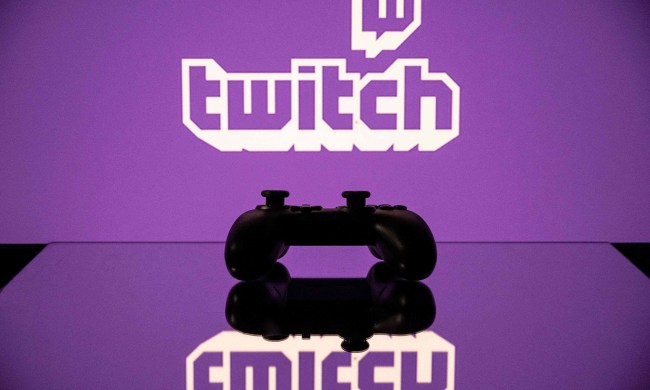At 19, Ali “Myth” Kabbani has more than 6.7 million followers, many of which he gathered as a prolific Fortnite streamer. But at the height of his success, he’s turning away from the game that made him big.
Kabbani has slowly started transitioning out of playing Fortnite full-time over recent months. He’s started picking up other battle royale favorites, including Apex Legends and Valorant. It’s a substantial risk when a streamer switches away from the game that made them famous, a risk that not even Kabbani is immune from.
“You have your audience that’s going to stay with you and those that will leave,” Kabbani said. “The question is how I tap into that [new] audience, and what’s going to make me different from the rest of the streamers.”
For Kabbani, that meant keeping up the same high-octane energy and enthusiasm that his fans grew to love while showing he can excel in an entirely different environment. After all, gameplay can only get you so far on Twitch. The real key to success is to be entertaining.
Kabbani sets himself apart by being just like everyone else. Literally. He does impressions of other streamers, pop culture icons, and political figures. It’s made him identifiable not only on Twitch but also throughout social media. Clips of his voice-altered exploits will trend on Twitter and the LivestreamFails subreddit, which is dedicated to chronicling interesting or scandalous clips from online personalities.
“I love doing impressions and playing characters,” Kabbani said. “It’s really exciting to dive into another person or character’s mindset and try to make something convincing and believable for the person watching so they feel that they are watching someone else.”
Kabbani has perfect that art of the impressionist streamer that, by now, it feels natural, but like many Twitch success stories, it took a while to get there.
Kabbani says he’s been gaming since he was 2 years old, and began streaming in 2016. He started by streaming Paragon, a third-person Epic Games MOBA that never really caught on. That meant Kabbani’s streams weren’t catching on either. In 2017, he switched to the newly minted Fortnite, another game from Epic that showed more promise.
The move worked.
Kabbani was invited to Twitch’s partner program, an elite group of just 27,000 out of the 2 million active broadcasters the streaming site boasts in total. He’s also gotten sponsorships from big-name brands like Sonic and Samsung.
Now, as Kabbani hopes to replicate his success already having achieved streaming fame, the Myth message isn’t about follower counts. Kabbani says it’s about “cultivating a community that spreads the message that encourages people to believe in themselves, think critically, and think for themselves — develop healthy lifestyle habits while dominating in video games.”



